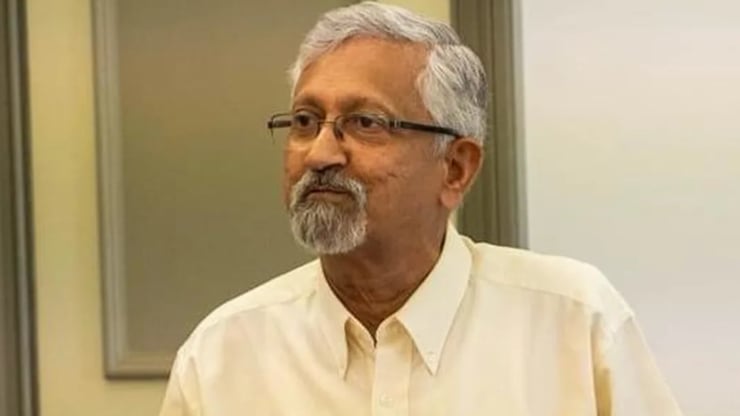Eminent Indian-Origin Historian Sekhar Bandyopadhyay Honoured

Eminent Indian-origin academic Sekhar Bandyopadhyay has been recognised for his life-long contribution to history, with the New Zealand Historical Association unveiling an award bearing his name.
Called the Sekhar Bandyopadhyay Prize, the award will be handed out biennially for the best article by a New Zealand-based scholar in any field, excluding the field of New Zealand history, published in a refereed journal between 1 April and 31 March of the relevant two-year period.
The association said Bandyopadhyay, emeritus professor of history at Victoria University of Wellington, was a distinguished historian of Asian history with a primary research interest in the history of nationalism and caste in colonial and postcolonial India.
The historian thanked the association for launching an award bearing his name, saying he felt "humbled and immensely honoured".
"I cannot think of any better award than this recognition by my peers," Bandyopadhyay said. "My sincere thanks to the New Zealand Historical Association and its executive committee."
Sailors first to set foot in NZ
One of Bandyopadhyay's seminal works is a book titled Indians and the Antipodes, which he co-edited with historian Jane Buckingham.
The book traces the history of early Indian migration to New Zealand, dating back to the early 19th century.
"The very first Indians to set foot on Aotearoa were not settlers - but sailors," Bandyopadhyay told RNZ when the book was released in 2018.
Among the sailors were two Muslims, Mahmud Qasim and Nasrin, who boarded the French ship Saint Jean Baptiste, captained by Jean Francois Marie de Surville, at the French colony of Pondicherry, India.
The ship landed in Northland in December 1769 at the same time as Captain Cook's first Endeavour expedition was leaving New Zealand waters.
From here, the ship went on to Peru, where both Qasim and Nasrin died of scurvy.
"The first recorded story [of an Indian settling here] can be dated to 1809 or 1810, when one sailor jumped ship [anchored in Bay of Plenty], married a Māori woman and settled down," Bandyopadhyay told RNZ.
'[But] the first Indian to achieve fame [in New Zealand] was an Anglo-Indian from [the Indian state of] Goa who arrived in 1853, having previously worked at the California gold fields," Bandyopadhyay wrote in the book. "Edward Peter, later known as 'Black Peter', was a farm labourer and gold prospector."
Other achievements
Bandyopadhyay joined Victoria University in 1992 as a history lecturer and established the New Zealand India Research Institute in 2013. He has been the institute's director ever since.
He became an emeritus professor at Victoria University's School of History, Philosophy, Political Science and International Relations in September 2020.
He gained a doctorate from the University of Calcutta in the 1970s and worked as a reader until relocating to New Zealand.
Bandyopadhyay is also known for another book on Indian history titled From Plassey to Partition: A history of Modern India, which is used as a textbook on modern Indian history worldwide.
He is an inaugural fellow of the New Zealand Academy of Humanities and a fellow of the Royal Society of New Zealand.
Bandyopadhyay has been chair of the New Zealand Asian Studies Society and served on the executive committee of the South Asian Studies Association of Australia.
He is also an editor of the New Zealand Journal of Asian Studies.
This article was first published by RNZ





